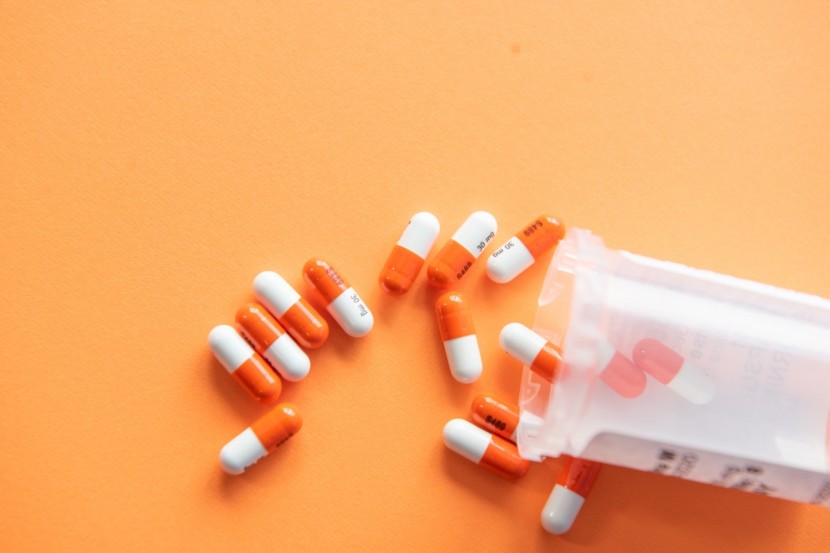
Researchers believe that a low-cost antibiotic might help curb the spread of sexually transmitted diseases in the US.
According to Dr. Leandro Mena, head of the Centers for Disease Control and Prevention's (CDC) STD prevention section, doxycycline is being considered for use as an additional defense against sexually transmitted infections (STIs). Doxycycline is a drug often used to treat bacterial infections and prevent malaria.
The STD Epidemic in the US
More than 2.5 million individuals in the US were diagnosed with chlamydia, gonorrhea, or syphilis in 2021, according to the CDC. As reported by The New York Post, this data led to a reconsideration of the prescription, which would be administered as a morning-after pill.
"Sexually transmitted infections are an enormous, low-priority public health problem," Dr. John M. Douglas Jr. remarked. He is a retired health official who lectures at the Colorado School of Public Health.
He added STDs are the most often reported kind of infectious illness. But despite this, they have been given poor consideration for decades.
Efficacy of Doxycycline
Recently, the New England Journal of Medicine released research examining the efficacy of doxycycline.
The bacterial sexually transmitted infections of gonorrhea, chlamydia, and syphilis were shown to be decreased by two-thirds every three months when a single 200-milligram tablet of doxycycline was taken within three days after unprotected intercourse. This study was conducted in San Francisco and Seattle.
For one year, researchers tracked 500 people who had been HIV-positive before they were identified as homosexual, bi, or trans.
The medicine, however, has a number of drawbacks, as pointed out by the paper's authors. For example, it does not work for heterosexual women and may induce unpleasant side effects, including nausea and skin rashes.
Consulting with the CDC on the doxycycline recommendations, Dr. Philip Andrew Chan cautioned that the medication would not "be a magic bullet," calling it instead "another tool" in the fight against the spread of STDs.
According to him, we need new approaches or innovations to address the pervasive issue.
Talking up the Results
Meanwhile, scientists are boasting about the success of their doxycycline post-exposure prophylaxis (Doxy-PEP) trial.
Dr. Connie Celum, a professor of global health, medicine, and epidemiology at the University of Washington, has said that Doxy-PEP is a promising strategy for lowering STIs in populations particularly impacted by high STIs. These groups of people refer to men who have sex with men and transgender women who have had recent STIs.
The risk of antibiotic resistance should be weighed against the benefit of fewer STIs, and it will be necessary to track the effects of doxy-PEP over time.
The findings may be good news for New Yorkers since recent statistics from the city's health department indicate an increase in STDs citywide after the COVID-19 lockdown was lifted.
Based on the agency's data, the number of chlamydia infections increased by 10% between 2020 and 2021, while the number of women diagnosed with primary and secondary syphilis increased by 28.7% over the same period.
© 2025 HNGN, All rights reserved. Do not reproduce without permission.








